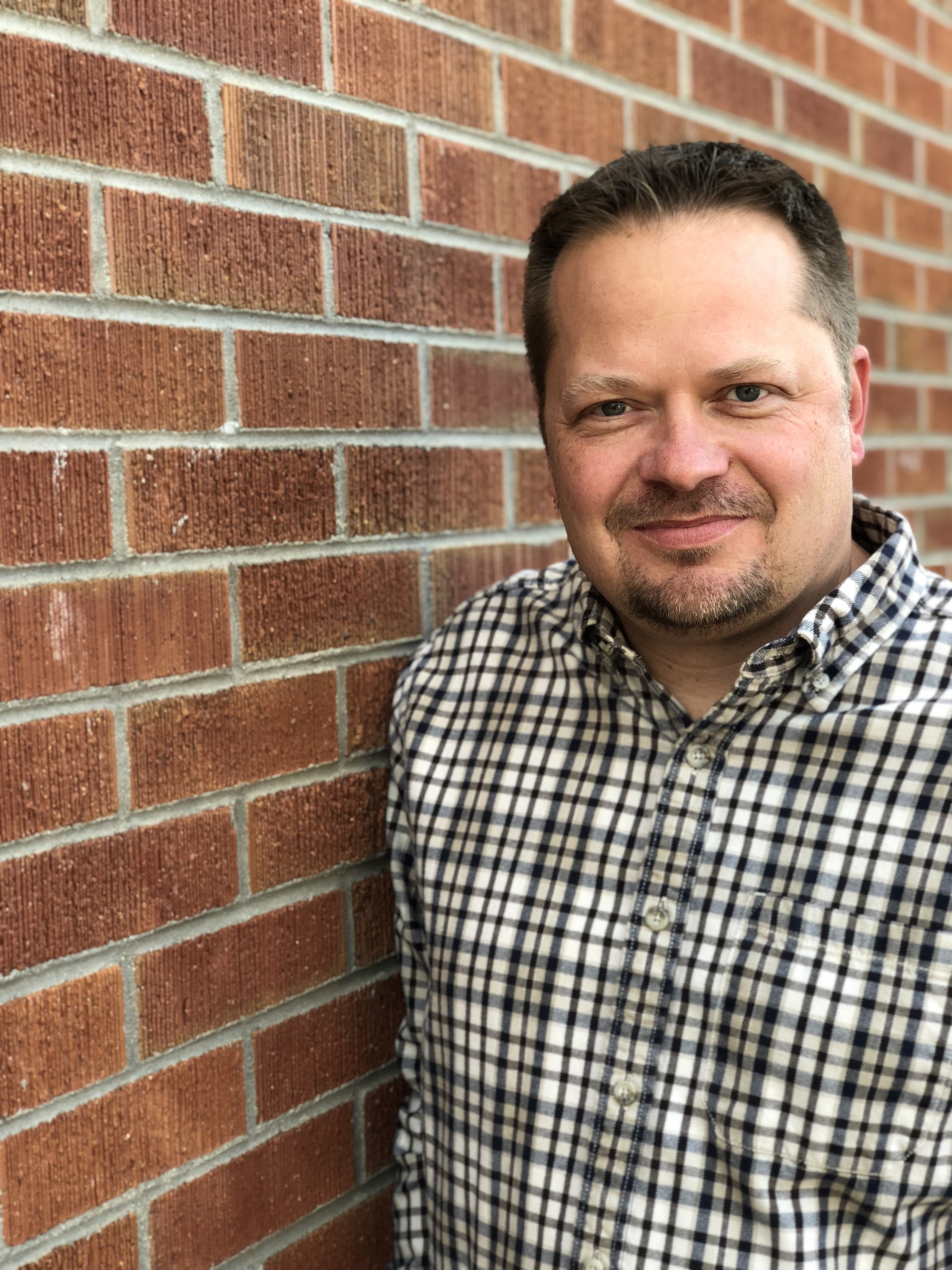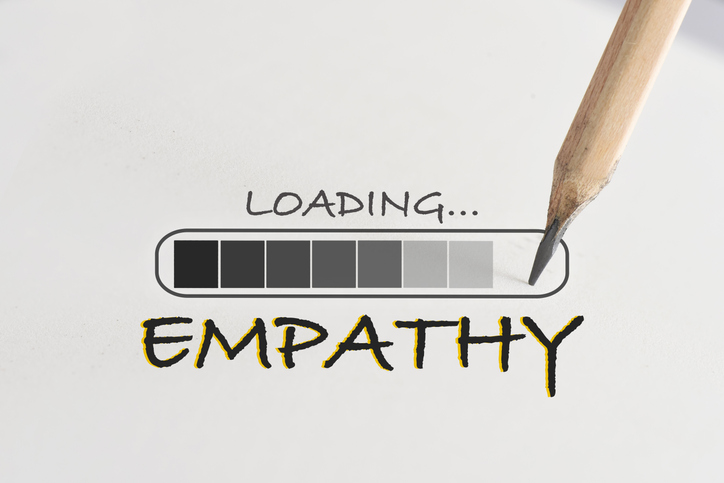As seems to often be true, LGBTQ+ people and issues are in the news. Recently it has been the so called “Don’t Say Gay” bill and the latest back and forth about trans people competing in sports. For better or worse, we can’t seem to stop talking about these groups of people. And to an extent, maybe that’s as it should be. It is past time to face into things, especially those of us within the church.
Where I think we go awry is when we only discuss the latest sound bites as they are fed to us from explosive news sources and social media (and don’t forget about the comment sections of these as well). Angry/indignant reactions to whatever we disagree with are not changing the world and certainly are not convincing the LGBTQ+ individuals we come in contact with that they are wrong. And is that even our job?
When I only express strong, negative reactions to something like trans women competing in women’s sports, how might I be affecting a friend or loved one who has questions about their gender identity. As a Christian, am I inviting them to draw close to Christ, or am I inadvertently encouraging them to move away from Him? I certainly believe it is okay to have opinions and differing viewpoints about these topics. It is okay to express those as well. BUT it is also necessary to temper our speech and strive to understand LGBTQ+ people better.
Tips to build empathy for the LGBTQ+ community:
Ask questions to get to know the person, not to try and prove someone wrong.
People are really smart and can see through a line of questioning that has an agenda. Helpful statements like, “I don’t understand the transgender issue very well, can you help me?” or “I’d love to hear how you’ve come to the determinations that you have,” can go a long way to helping someone feel safe with you.
Actually listen.
When someone decides to share their story with you, remember that this is their story, not anyone else’s. Every story is unique, so comparing to others you may have heard or read about may be unhelpful. Practice reflective listening, repeating back to them what you just heard. Statements like, “I had no idea how long you’ve been wrestling with this,” or “I’m sorry you’ve had to walk this out alone,” can be meaningful.
Share vulnerably from your own life.
Painful experiences are relatable, even when the circumstances are different. Empathizing with someone in the ways that sound or feel similar to your own pain are a good way to further connection. Many LGBTQ+ people have experienced loneliness as they have likely had a period of time before “coming out” where they feared rejection. Most of us can relate to those feelings at some level. Share those.
Speak the truth in love.
This is the tricky part. While it can sometimes be counterproductive to share your beliefs about LGBTQ+ issues, it can also be problematic to withhold those beliefs. The last thing we want to do is build trust and then say something hurtful that breaks that trust. A statement like, “Thank you for letting me be part of your life and for sharing your story. I’m not sure that I fully agree with some of the conclusions you’ve come to, but I can understand how you got there. I love you and hope we can continue to share with each other.”
I’ll leave you with a quote from Caleb Kaltenbach. He is a pastor who has two gay parents (his mom and dad). His book is called Messy Grace and I recommend it:
“Many Christians, I’m sorry to say, have never bothered to pace themselves in the shoes of someone who is LGBT. What are the lives of gay people like? What are their needs ad concerns? What are their dreams? How do others treat them? How do they feel about God and the church?
“Let me tell you about one misconception that comes from not taking the time to understand gay people: many Christians think that homosexuality is mainly about sex. They believe that you’re in the LGBT community because you want to have sex with the same gender. This isn’t totally true. Sex is only part of the equation (and probably a small part for some). Most Christians haven’t though through this issue enough to realize that there is more to someone who identifies at LGBT than sexuality—a lot more.
“All people have experiences, history, beliefs, friends, family, and more that make them into the people they are. Or as I like to say, all people have depth. So when we reduce homosexuality to just sex, we are thinking in a way that is far too shallow. People are just not that simple. We ought to get to know them as they are.” (Messy Grace, Kaltenbach, 2015, pg. 9)

Roger Jones
Executive Director
Roger began working with WGA in October of 1996 as the Assistant office Manager. Since that time, he has worn many hats and served in several different positions, including Assistant Program Director and Operations Director. In April of 2007, Roger assumed the position of Executive Director.
Roger attended West Texas A&M University, where he studied Music Business. Much of his training has been “on the job,” where he was mentored by the ministry’s Founder, Mary Heathman, and the Program Director, Scott Kingry. He holds a BA from West Texas A&M University.
Roger, his wife Jill, and their daughter Julia and son William, attend Celebration Community Church where Jill serves as Senior Pastor.
Make a Difference in Someone's Life
If you enjoy reading WGA’s blogs and would like to show your support, please consider making a donation. Where Grace Abounds is a 501(c)3 non-profit organization. The majority of services, including support groups and discipleship counseling, are provided free of charge. Your financial gifts help to cover the costs associated with offering a free program to those who seek WGA’s services.

